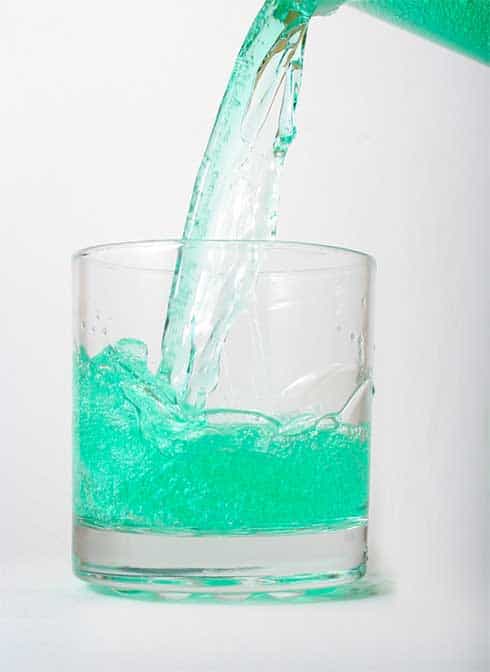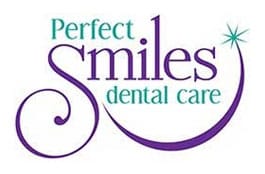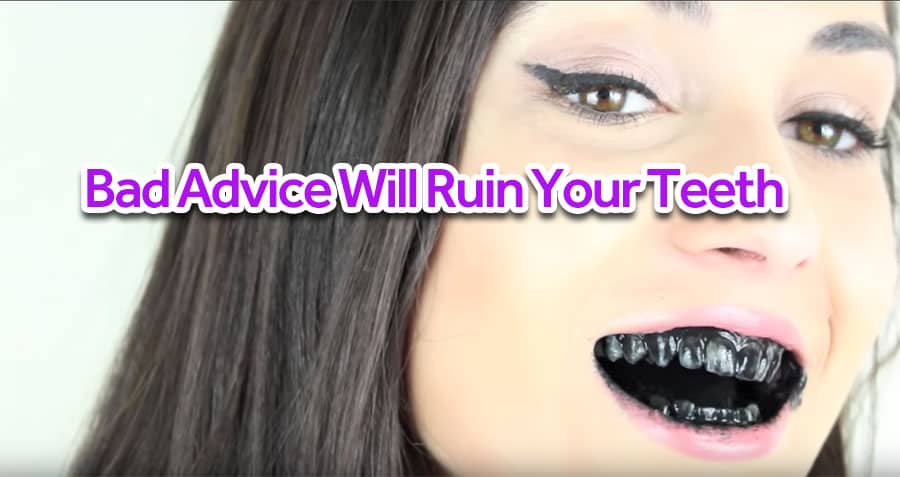Most people like to be helpful as someone is having a hard time, will happily offer some advice. However, even the most well-intended advice can have damaging consequences. When it comes our teeth, there’s a lot of misinformation going around. Here are some of the common bits of “wisdom” you can ignore.
Bad Advice: Use activated charcoal to whiten your teeth.
Activated charcoal, which is not the same as the bricks in your barbecue, is the latest beauty craze, thanks to its ability to absorb chemicals and toxins. Walk down the health and beauty aisle, and you’ll find charcoal and soap, face mask, shampoo, moisturizer and deodorant. However, before you use charcoal to whiten your teeth, remember most stains are beneath the surface, where the charcoal can’t reach. Furthermore, scrubbing the gritty, abrasive substance across your teeth is likely to erode your enamel and damage your gums, leading to more dental problems. If you want to learn more about teeth whitening programs, our website has an entire section devoted to teeth whitening.
Bad Advice: The best kind of mouthwash has alcohol.
If your mouthwash burns and it likely contains alcohol. Some insist the burning means the mouthwash is working, but alcohol isn’t necessary for mouthwash to be effective. Alcohol just stabilizes the formula. It isn’t what kills the germs are freshens breath. In fact, alcohol in the mouthwash has been known to cause dry mouth, which can make your breath smell worse and lead to more germs. Studies from biomed research international found alcohol-free mouthwash may have a better effect on the gloss, color and hardness of your teeth.

Bad Advice Don’t Brush Bleeding Gums: Give Them Time to Heal
Bleeding gums are often a sign of gum disease or warning that gum disease is on the horizon. When plaque is allowed to build, it hardens into tartar. This calcified material irritates your gums and could potentially wear them down. The only way to remove the damaging plaque build-up is a brush your gums regularly. Not brushing due to bleeding will only lead to further problems. However, it’s important to determine the cause of the bleeding, as it may also have something to do with your toothbrush or diet. If your gums are bleeding regularly, let your dentist know.
When we give advice, we certainly need to do well, but the best intentions don’t make upper bad results. Let’s stick to what we know and leave the dental advice to the experts.

